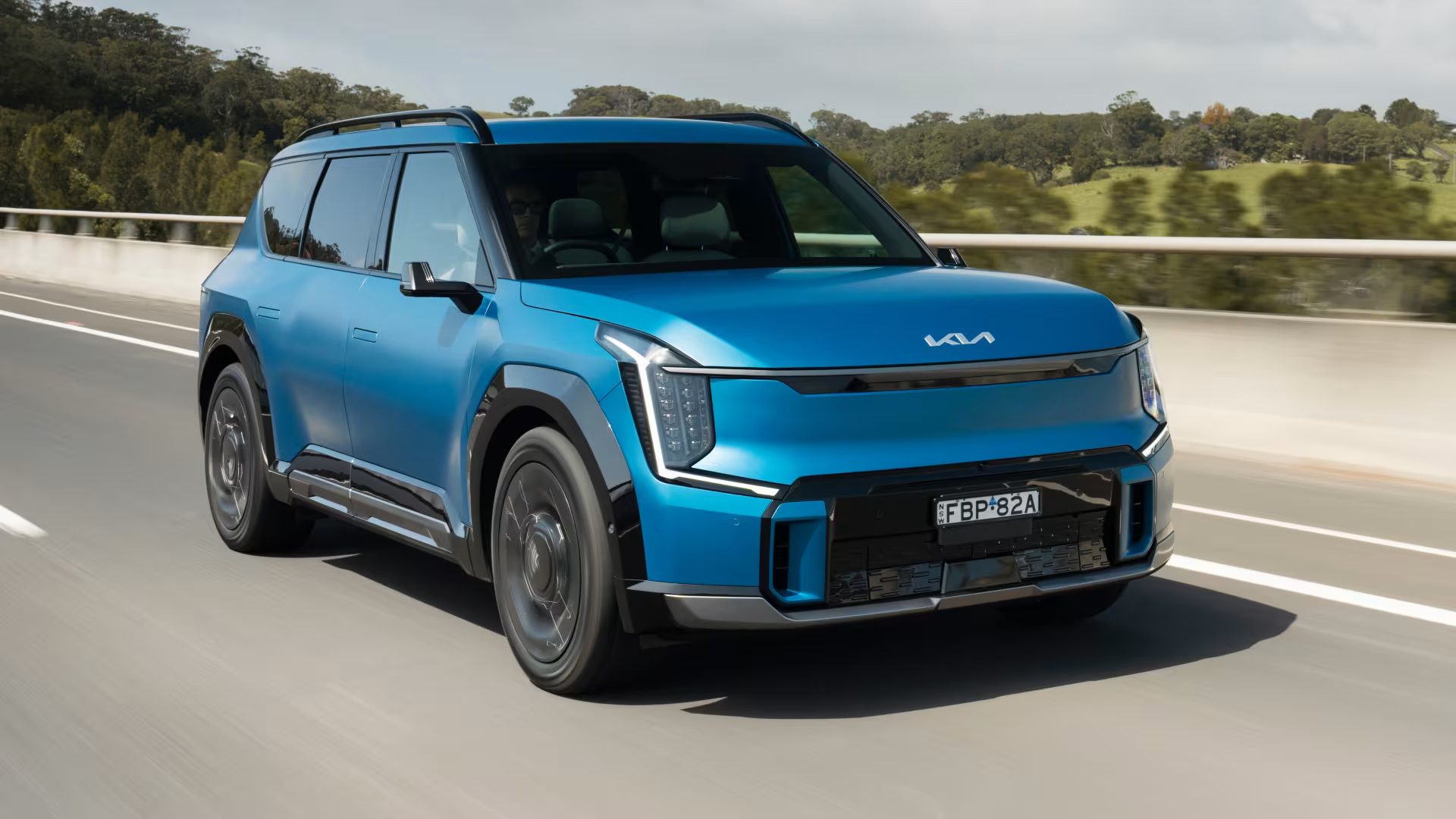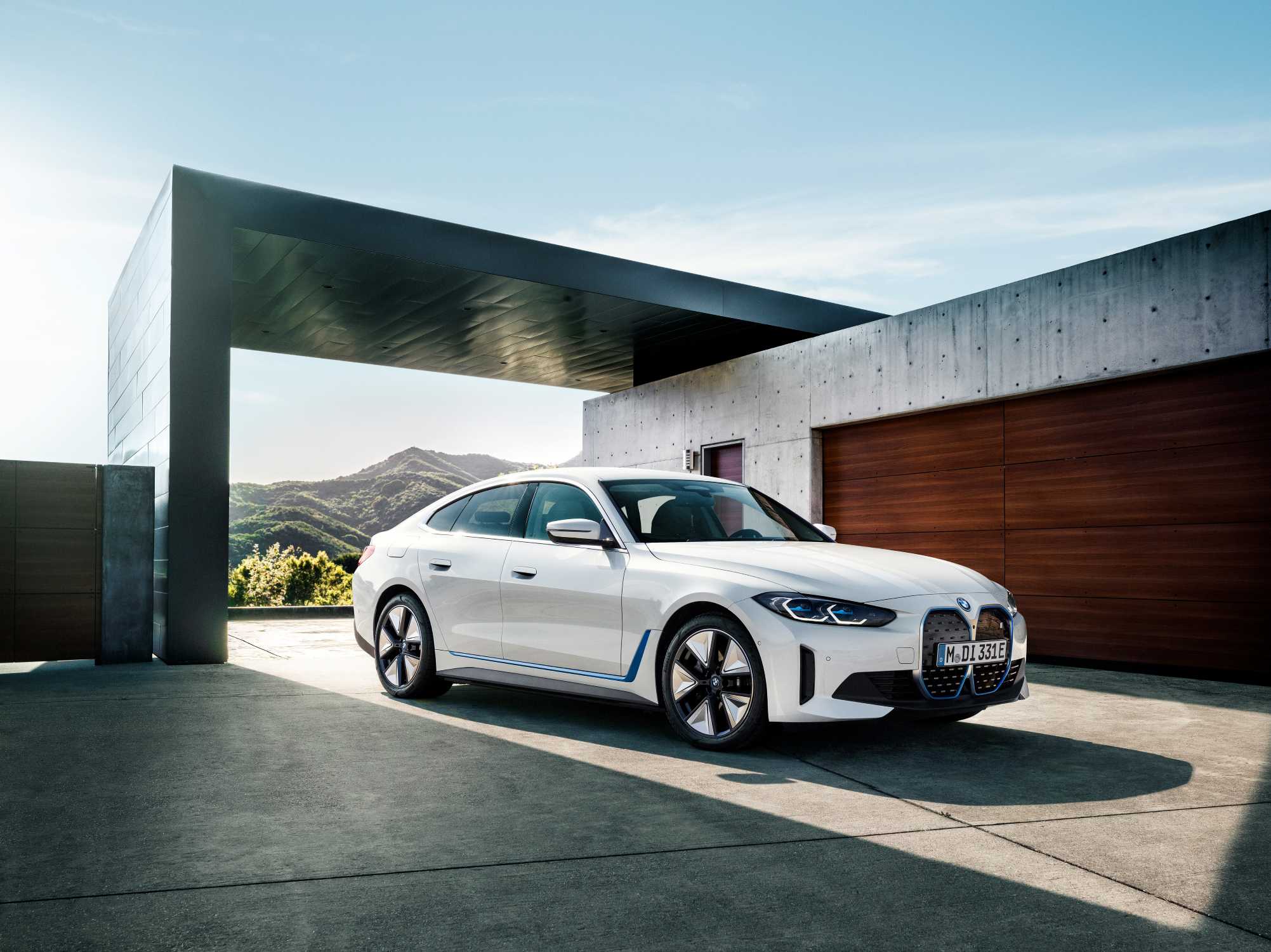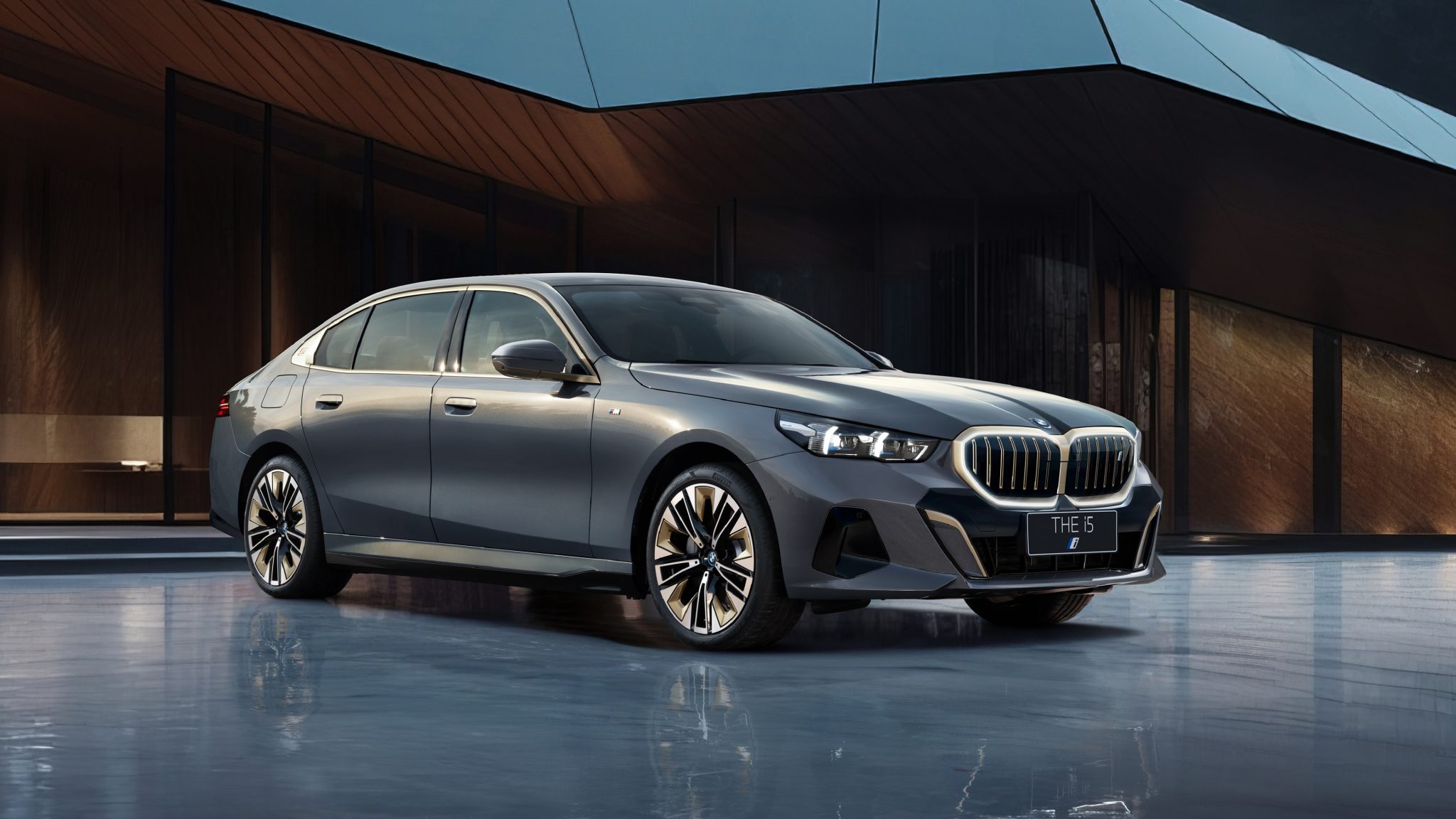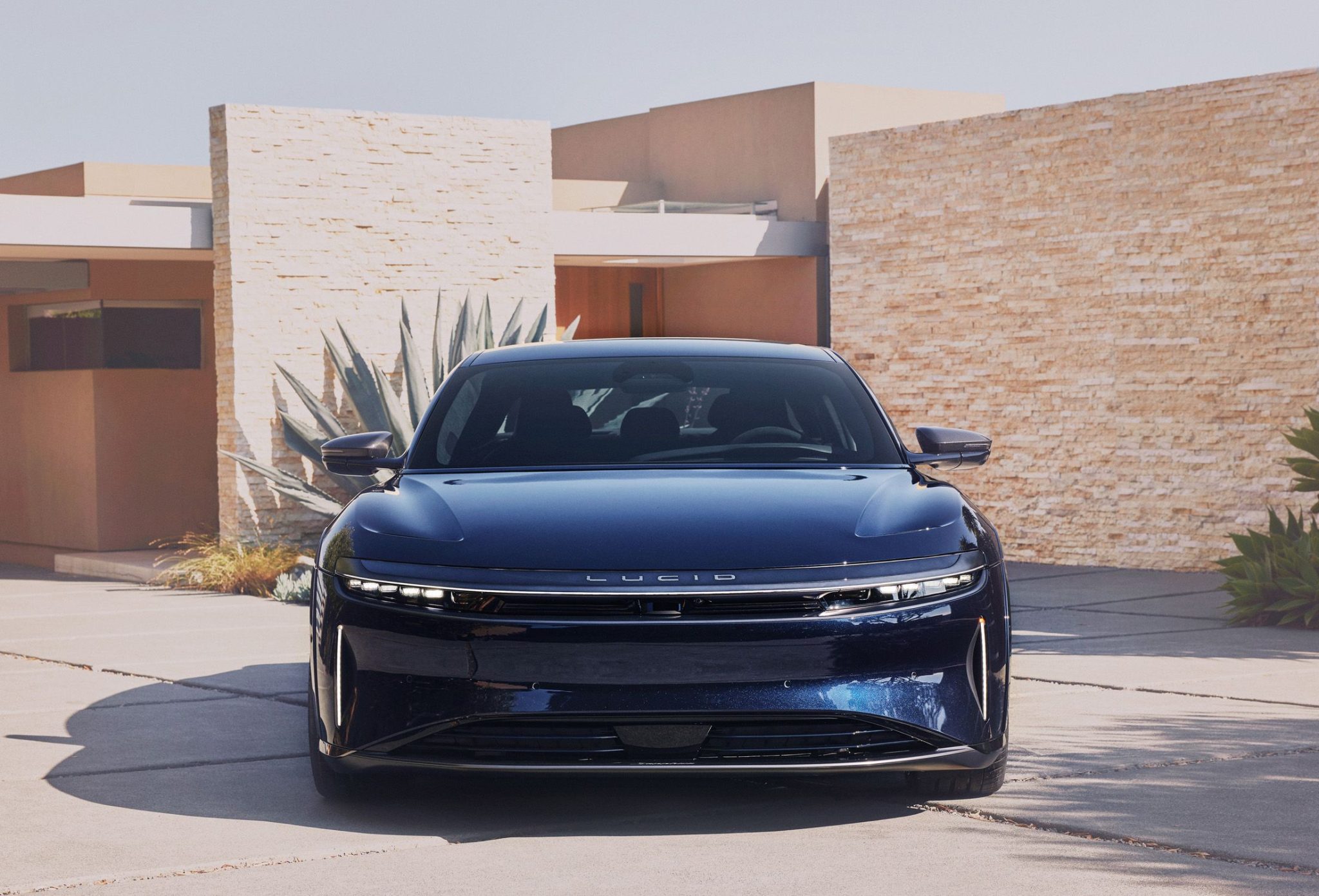Summary:
- BMW set a new US sales record in 2024, selling over 50,000 EVs. The i4 and i5 led the charge, with the i4 surpassing 3 Series sales.
- Competition from Hyundai, Kia, Lucid, and Rivian is intensifying
- EV sales slipped 3.5% in Q4 2024, while competitors surged ahead
- The success of BMW’s “Neue Klasse” platform will be critical for its future in the EV market
- Maintaining its premium brand image while remaining competitive in a price-sensitive market is a key challenge
2024 was a peculiar year for the automotive industry because of so many contrasts. From small startups filing for bankruptcy, like Fisker, to big conglomerates struggling to survive, like Volkswagen Group and Stellantis, last year proved challenging for many brands. Although the EV bubble burst and the demand for battery-powered vehicles dipped, forcing several automakers to recalibrate their EV goals for 2030, many brands experienced better sales than in 2023, including BMW.
Although in China, one of the biggest auto markets, demand for legacy brands continues to decline each year, and sales of local brands continue to rise; on the other side of the pond, BMW had a stellar 2024 in its electric car sales in the U.S. despite a small decline in the last quarter of the year. Now the question is whether the Bavarian manufacturer will be able to keep up with the fierce competition in the EV sector. With its Neue Klasse platform coming out in late 2025, the outlook for the German automaker is difficult to predict.
A Record-Breaking Year for BMW EVs in the U.S.
The German auto industry is going through a rough patch; there’s no question about it. Just ask Mercedes-Benz. In China, local brands are crushing it and selling more than foreign luxury brands, and even at home, things aren’t exactly rosy. BMW and Mini sales fell 13.4% in 2024 in the Chinese market, while registrations in Germany dropped 5.3%. But when it comes to fully electric models, BMW’s got something brewing. The Bavarian automaker is killing it with their EVs in the U.S. with record-breaking sales of 50,981 units compared to 45,417 in 2023.
Remember the BMW i3? That little electric car? The brand owes a lot to that model. BMW was smart to jump into the EV game early on. And now it feels they’re not just building EVs because everyone else is, but more of an organic progression. The i4 and i5 are seriously impressive. They feel like real BMWs, not some weird electric afterthought. You get that classic driving experience but with the added bonus of zero emissions.

And as far as U.S. sales numbers go, they sold more i4s than 3 Series last year. The i4 sold 23,403 units last year compared to 31,300 of the 3 Series. That’s a huge deal. The i5 is also making waves, eating into the 5 Series market share. Although the i5 sold only 8,763 units last year, sales were up a remarkable 310%. It’s like they’ve figured out the secret sauce: give people the BMW they know and love but with an electric twist.
Challenges in Q4 and Rising Competition

BMW could’ve claimed the stage for much of 2024, but the tail end was another story. Things cooled off in the fourth quarter. BMW’s EV sales slipped 3.5%, from 5,274 in Q4 2023 to 13,876. It doesn’t seem like such a big drop, but in a marketplace in which everyone else seems to be shattering records all around it, any reduction triggers alarm bells.
Competitors such as Hyundai and Kia aren’t merely playing catch-up—they’re racing ahead. Hyundai’s Ioniq 6 trumps with a futuristic vibe and a price that doesn’t break the bank; Kia’s EV9 is garnering hearts (and sales) in the three-row SUV segment. And we haven’t even included the boutique brands, like Rivian and Lucid. Rivian’s trucks and its SUVs are hot, and Lucid’s Gravity SUV has luxury buyers buzzing.
BMW’s own iX and i7? Not so much: the iX dove 11% this year, while the i7, though technologically impressive, doesn’t have that price to make it particularly an attractive choice among most buyers. Competition keeps on getting tougher and tougher. And once again, at this point, here comes BMW trying to play catch-up.
Can BMW Keep Up in 2025?

Here’s the thing: 2025 could make or break BMW’s EV game. Their Neue Klasse platform is being hyped as the future of the brand. Think faster charging, longer range, and an all-around better EV experience. Sounds promising, right? But here’s the kicker—it’s not rolling out until late 2025. That’s a long time in EV years, especially with rivals like Hyundai and Kia dropping new models faster than you can say “electric.”
BMW’s challenge is figuring out how to keep its current lineup fresh while waiting for the Neue Klasse cavalry to arrive. The i4 and i5 are still strong contenders, but they’ll need more than just good vibes to fend off the growing crowd of competitors. Price, features, and availability are going to be critical.

And let’s not forget the elephant in the room: can BMW stay premium while also staying competitive? EV buyers are getting smarter—and thriftier. They want value, and they want it now. BMW’s next moves will determine if it’s still a leader in this space or just another player trying to keep up
BMW’s EV Momentum
BMWs historic 2024 may have demonstrated the brand’s strength in the EV market but other manufacturers are stepping up their game too. With new and exciting battery-powered models coming out each year from established and new players in the EV arena, BMW is struggling to maintain its premium brand image, especially in its largest market by volume, China. The success of BMW in 2025 will largely depend on a timely and successful rollout of its “Neue Klasse” platform along with the company’s ability to address changing market requirements and customer expectations in a highly competitive EV space.











